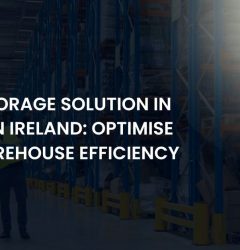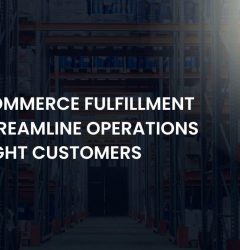03 Jul
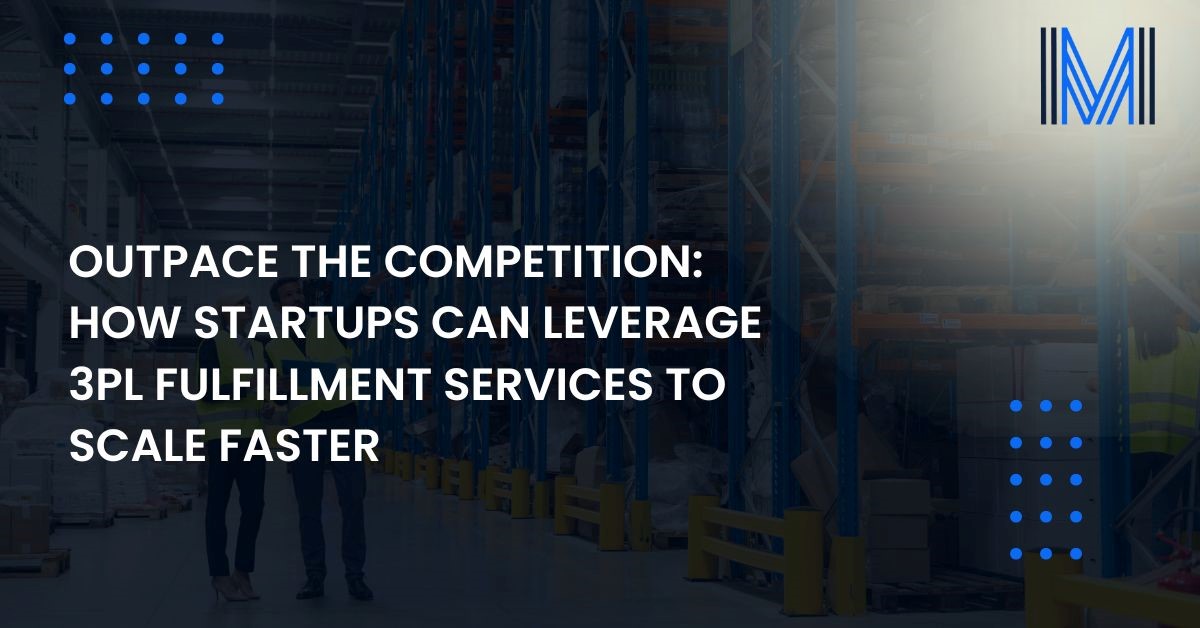
3PL fulfilment is becoming essential for startups that want to scale efficiently and stay competitive. Startups that delay logistics scaling risk being left behind. In today’s eCommerce landscape, customers expect speed, accuracy, and clear communication. A recent Statista study found that more than 65 percent of UK online shoppers want delivery within three days. A Retail Economics report adds that 43 percent abandon baskets when delivery feels slow or unclear. Meeting such expectations while the business is still young can drain cash and focus.
What Is 3PL and Why Startups Cannot Afford to Ignore It
A 3PL provider handles the physical flow of goods on behalf of a retailer. Core services span storage, inventory management, order processing, carrier selection, and reverse logistics. Modern operators add cloud dashboards, integrations with Shopify or WooCommerce, and predictive stock alerts.
Early-stage brands that adopt 3PL services for startups side-step the capital required to lease space, hire staff, and build systems. They also gain access to a wider carrier network, which directly supports fast order fulfillment and lower shipping costs.
Common Pain Points Startups Face Without 3PL
Running logistics in-house may appear cheaper at first, yet problems soon surface:
- Limited know-how: Leads to stockouts, mis-picks, and mounting customer complaints.
- Fixed costs balloon: Rent, racking, forklifts, payroll, and packaging materials strain cash flow.
- Growth spurts become crise:. A viral post or marketplace promotion can double demand overnight, overwhelming the team.
- Delivery errors damage the brand: Negative reviews linger online indefinitely.
- Time sinks pile up: Founders who spend afternoons wrapping parcels have no space left for strategic thinking.
These challenges underline the value of startup fulfillment solutions built for scalability.
Five Major Benefits of 3PL For Startups
1. Reduced Costs and Lower Capital Outlay
Pay only for the space and labour you need each month. Cash that might have bought pallet racking can instead fund product development.
2. Flexibility that Mirrors Demand
A 3PL’s variable fee model allows smooth response to seasonal peaks, new product launches, or flash-sale spikes.
3. Quicker Delivery and Happier Shoppers
Distributed fulfilment centres position inventory close to buyers, improving delivery times for ecommerce orders and boosting satisfaction.
4.Technology and Operational Skill
Warehouse management software, automated sortation, and scan-based picking help prevent order fulfillment errors and drive accuracy.
5. Consistent Order Precision and Speed
Structured workflows lift the pick-pack-ship accuracy rate well above what most young teams achieve alone. (An Invesp study notes that 30 percent of consumers return items because the wrong product was shipped. Cutting such mistakes protects margins.)
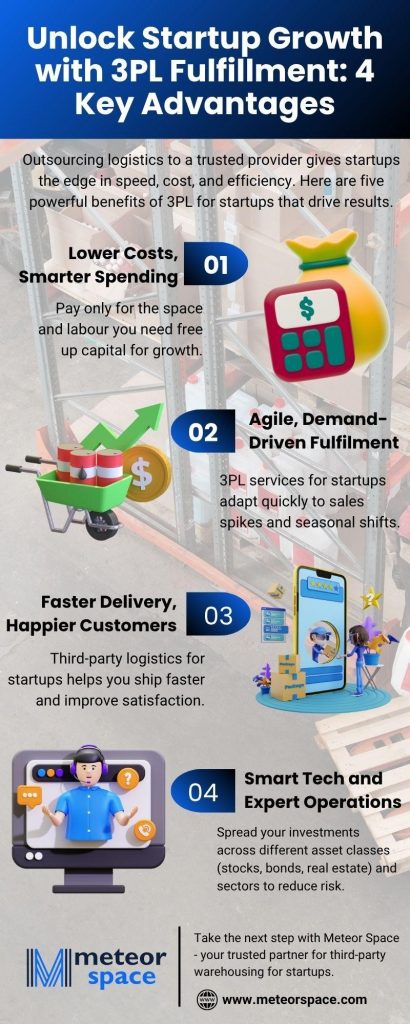
What Startups Should Look for in a 3PL Provider
Selecting the right partner shapes customer experience and margin alike. Key factors include:
- No long contracts and low minimum order volumes.
- Capability to provide custom packaging, inserts, and kitting that reinforce your brand story.
- Direct integrations with major ecommerce platforms and marketplaces.
- Multi-channel and international reach that supports growth beyond the domestic market.
- Transparent dashboards showing order status, stock levels, and carrier performance in real time.
Focusing on these points helps locate logistics services for small businesses that complement an up and coming company’s goals.
Getting the Most out of Your 3PL
Success depends on collaboration. Share sales forecasts so the warehouse can allocate space. Review dashboard data weekly to spot slow-moving lines or rising return rates. Ask about strategies to enhance warehouse productivity such as ABC slotting or wave picking. Adjust reorder triggers to prevent stockouts and avoid tying up cash in slow sellers. Regular calls keep both teams aligned and ready for new campaigns.
Get Support Built for Your Brand
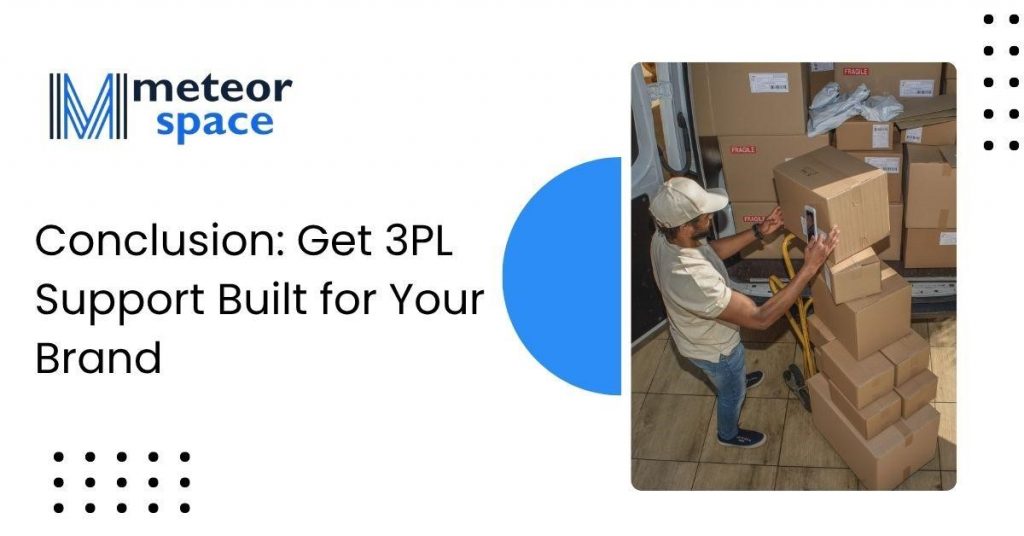
Logistics can accelerate growth or strangle it. Outsourcing order fulfilment to a capable partner unlocks both scalability and consistency, allowing founders to devote energy to innovation and customer relationships.
Meteor Space operates a 250,000 sq. ft. facility in Northern Ireland backed by automation, skilled staff, and advanced software. UK and European startups that wish to scale with 3PL support will find that Meteor Space delivers reliable, rapid, and cost-effective service.
Request a free quote and discover how our third-party warehousing and ecommerce fulfillment for can open the next chapter of your growth journey.
FAQs
Q1. At what stage should a startup switch to a 3PL?
When monthly orders exceed about one hundred or fulfilment tasks dominate the working week, shifting to a 3PL becomes essential.
Q2. How do I maintain quality and brand control?
Choose a provider that offers branded packaging, dedicated account contacts, and detailed performance reporting.
Q3. What is the difference between 3PL and 4PL?
A 3PL executes storage and delivery. A 4PL coordinates the entire supply chain, often managing multiple 3PL partners on your behalf.

